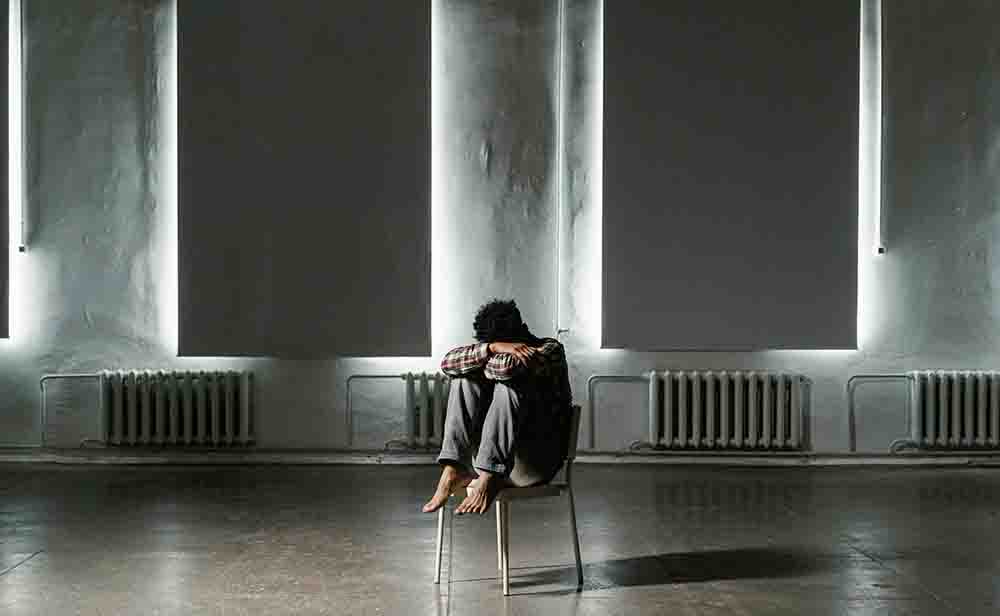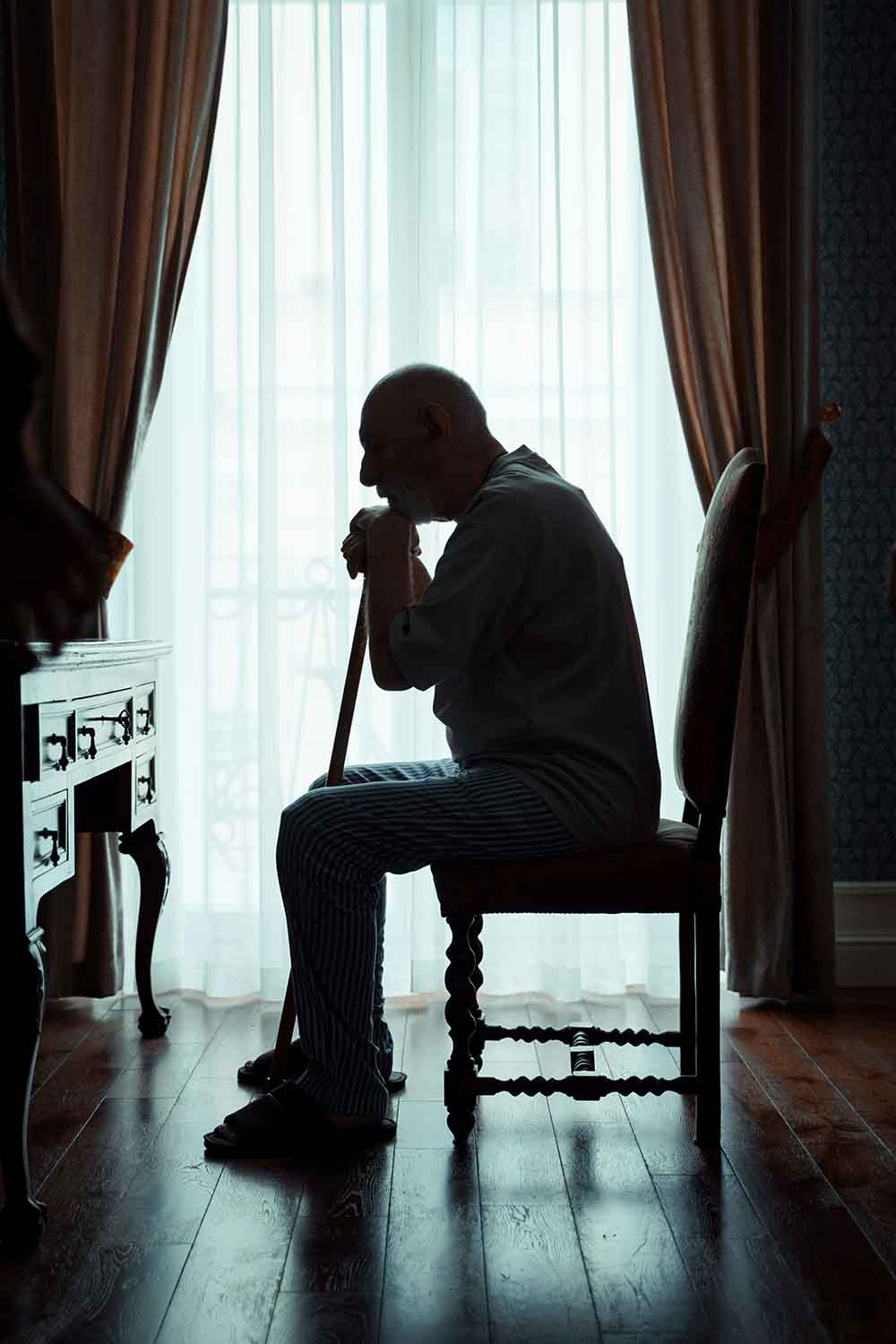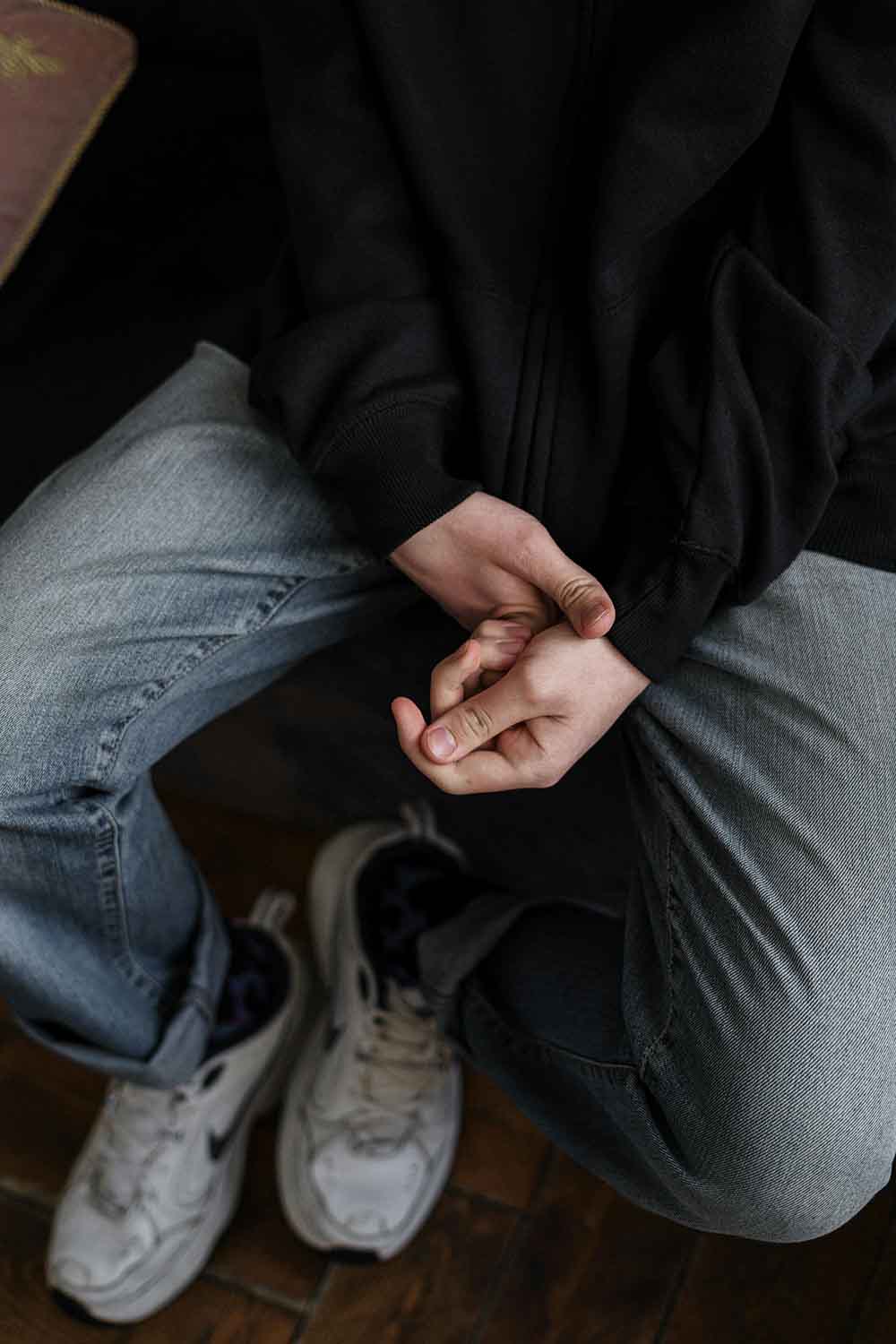In a world where strength and stoicism are often synonymous with masculinity, the silent mental health crisis among men continues to rise, affecting not just the men themselves but entire families. While society is making strides in addressing mental health, the unique challenges faced by men often remain overshadowed, leaving their struggles unheard. Mental health isn’t just a personal struggle; it affects the whole family. Ignoring it can tear people apart.

Breaking the Silence
Rajesh, a 38-year-old marketing professional, had always been the go-to problem solver in the family. But things began to change when he lost his job during the pandemic and Priya started managing the household and taking care of the finances. “He was angry all the time. He would yell at the kids, avoid family interactions, and we were no longer intimate. At first, I thought he just needed some time to bounce back,” said his wife, Priya. “But then I found him crying in the bathroom, and it hit me—this wasn’t just about the job. It was becoming difficult for him to accept that I was paying the bills.”
Priya admits she hesitated to address the issue. “I thought giving him space was the right thing to do. But his behaviour started to take a toll on both of us. Eventually, after many fights and nearly 18 months of absolute chaos, we both decided to see a therapist, and things began to improve. Talking openly and seeking help saved our marriage.”
For 23-year-old Arjun, the pressure to excel academically led to crippling anxiety. “We come from a small town, and being the eldest son, I was expected to set an example and be the breadwinner. When I started having panic attacks, my parents didn’t understand what was happening. One night when I went to my father and told him I was not able to cope with the pressure and started crying, my dad asked me to ‘Man Up!’ and said, as the only son, I am supposed to take care of the family and cannot cry like a girl.” When asked if he would ever consider therapy, he laughed and said, “My family will be devastated to think that their son has gone mad.”
Mohan, a 55-year-old teacher, had always been the steady anchor of his family. But beneath his calm exterior lay deep scars from his childhood – memories of his mother’s domestic abuse that led to her untimely death and haunted him for decades. For years, Mohan suppressed these painful experiences, but as he grew older, the cracks began to show. Rekha, his wife, recalls how his behaviour started to shift in unsettling ways. “He was always short-tempered, but lately, it became worse. I don’t know what triggered it, but he began having nightmares and would wake up in a panic. At times, he’d break things in a fit of anger, only to break down later, crying and apologising to me and our daughters,” she shares.
Mohan’s undiagnosed PTSD began to take a toll on the entire family. His unpredictable mood swings created tension at home, leaving Rekha struggling to maintain balance. “It is heartbreaking. I feel like we are losing him, and it has started affecting our children too. Our family’s happiness is slipping away,” she admits. Determined to help him, Rekha and her daughters are trying to encourage Mohan to seek professional help. “It hasn’t been easy,” she says.

Why Men Struggle
“No one should feel ashamed of seeking help. It can save not just an individual, but an entire family,” said Dr. Deepika Majithia, MD, Psychiatrist, shedding light on a troubling reality. “According to the Accidental Deaths & Suicides in India 2021 report, men account for 72.5 per cent of suicide victims, which is a stark contrast to women. While women tend to internalize mental health struggles, often leading to conditions like depression, men are more likely to externalize their pain. This can show up as aggression, substance abuse, or even suicide,” she explains.

Dr. Majithia further adds, “The hesitation many men feel in seeking help is deeply tied to societal expectations around masculinity. Traditional male stereotypes promote qualities like assertiveness, independence, and emotional restraint, which discourage open emotional expression. As a result, men are less likely to seek professional assistance for mental health issues, often postponing or completely avoiding treatment. This delay in addressing their struggles often leads to self-medication with alcohol, tobacco, or drugs.”
Why Women Should Care
Dr. Majithia’s insights underscore the urgency of addressing this crisis, not just for men, but for the families and communities they impact. “The mental health of one family member can ripple through the entire household. When a man in the family is struggling emotionally, it can affect the well-being of his partner, children, and even extended family members. Women, often the emotional anchors in families, are particularly impacted,” shares Dr Majithia. A supportive environment at home can make a huge difference between someone feeling isolated in their pain and finding the strength to heal.
Men are conditioned to suppress emotions and avoid vulnerability, but women can help break this cycle by showing compassion, urging their partners to seek help, and leading by example. “When women advocate for men’s mental health, they help dismantle the stigma that surrounds it, making it easier for everyone to embrace a culture of openness and support,” highlights Dr. Majithia.
The stories of Rajesh, Arjun, and Mohan remind us that while the journey may be challenging, the destination—a world where mental health is a priority for all is worth striving for.
If you or someone you know is struggling with mental health, reach out to a mental health expert or trusted individual.